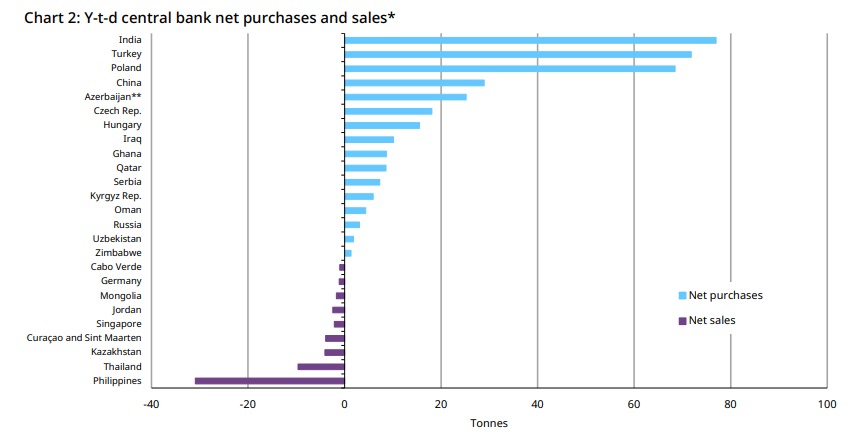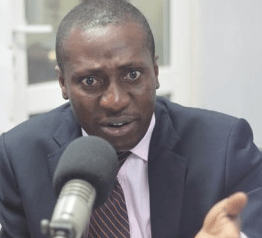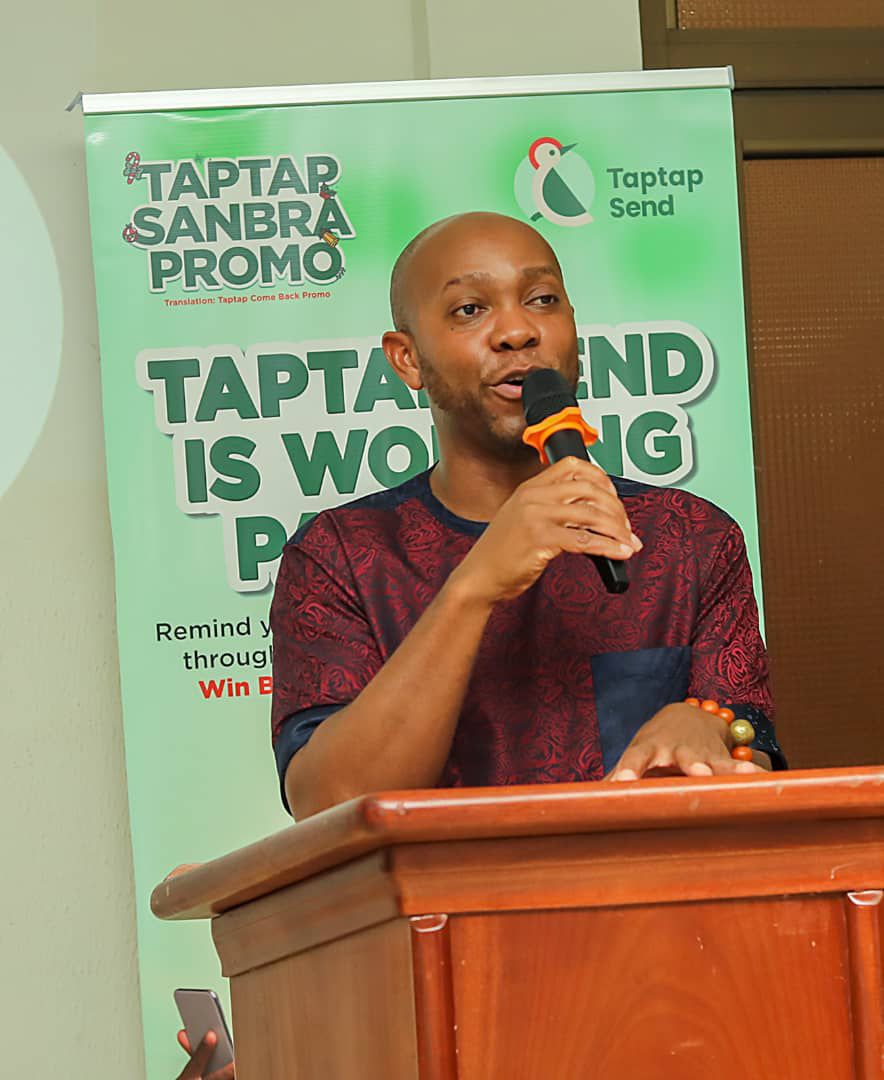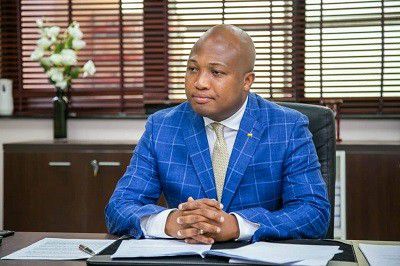
As part of measures to address the current economic crisis, the government launched the Domestic Debt Exchange Programme on December 5, 2022. Pursuant to that, the government invited certain holders of approximately GH¢137.3 billion of the principal amount outstanding of certain domestic notes and bonds issued by the government, E.S.L.A. Plc or Daakye Trust Plc (the “Eligible Bonds”). They were to exchange their Eligible Bonds for a package of new bonds to be issued by the government. The terms and conditions of the invitation were described in an exchange memorandum.
On December 24, 2022, the government announced a further extension of the expiration date of its domestic debt exchange to January 16, 2023, and amendments to the terms of the domestic debt exchange. In addition to the foregoing extensions, the government announced modifications to the invitation to exchange, which were set forth in further detail on a Term Sheet:
One is offering accrued and unpaid interest on Eligible Bonds and a cash tender fee payment to holders of Eligible Bonds maturing in 2023. Also, increasing the New Bonds offered by adding eight new instruments to the composition of the New Bonds, for a total of 12 New Bonds, one maturing each year, starting January 2027 and ending January 2038. Another is modifying the Exchange Consideration Ratios for each New Bond. The Exchange Consideration Ratio applicable to Eligible Bonds maturing in 2023 will be different than for other Eligible Bonds.
Though the invitation to sign up for the exchange programme was due to expire yesterday, we have sighted a statement from the Ministry of Finance announcing a further extension to January 31, 2023. The reason given for the further extension; to engage stakeholders, particularly domestic bond holders, sounds right.
However, the general mood of the country is not lively, as people do not know what will happen next to their investments. It is not for nothing that financial experts, ordinary citizens, even the leadership of the NPP and Members of Parliament from both sides of the aisle are advocating for a second look at the decision to include individual bond holders. Already, affected individuals bond holders are mobilising to sue the government over their inclusion in the Domestic Debt Exchange Programme.
Yesterday, the Minority held a press conference and called for the suspension of the Debt Exchange Programme. They argued that the deal in its current form is a recipe for disaster and will further worsen the plight of ordinary Ghanaians.
The Chronicle has observed the arguments by government, the opposition party and financial experts and is persuaded to suggest that government must listen to wise counsel.
While the programme, according to the government is key to landing an IMF deal, some experts have warned that it could further destabilise the economy even before the deal is secured.
We are happy that in its statement yesterday, the Finance Ministry said it was continuing with stakeholder engagement. We will encourage them to intensify it to calm the aggrieved individuals who are affected.
We view this programme, as a necessary bitter pill based on the explanation from the government and the consequences for affected individuals. This bitter pill should not be forced down the throat, but rather obtained through a persuasive process.
The post Editorial: Government must listen to wise counsel appeared first on The Chronicle News Online.
Read Full Story













Facebook
Twitter
Pinterest
Instagram
Google+
YouTube
LinkedIn
RSS